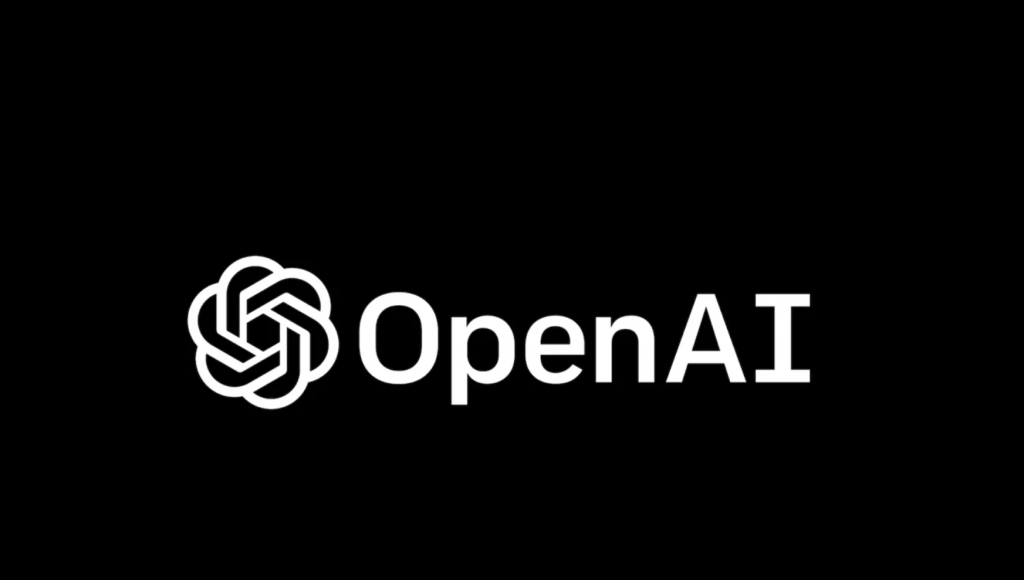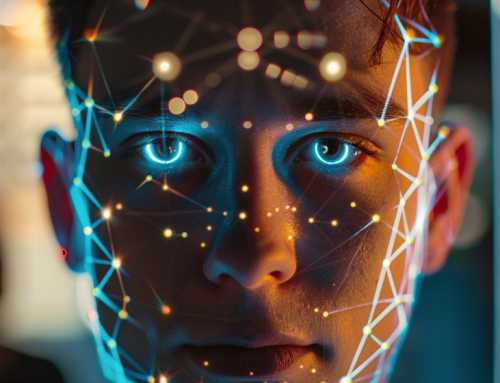
OpenAI’s GPT-4 and ChatGPT’s use of information scraped from the internet have landed Open AI in trouble with the European Union’s General Data Protection. Italy has banned ChatGPT and the EU is reviewing how the company collected data. (Source: OpenAI)
Open AI to Face EU Scrutiny over Use of Internet Material without Permission
According to a story on MIT’s Technology Review, Open AI will face repercussions for its use of information scraped off the internet that doesn’t conform to European data protection laws. The result could be banishment, a requirement to delete data or major fines.
“But experts have told MIT Technology Review that it will be next to impossible for OpenAI to comply with the rules. That’s because of the way data used to train its AI models has been collected: by hoovering up content off the internet.”
Recently a number of data protection authorities began investigating how Open AI collected data for its GPT AI models and then processed it using Chat GPT. It appears that personal data was scraped along with other information in its collection process–without permission.
“The Italian authority has blocked the use of ChatGPT as a precautionary measure, and French, German, Irish, and Canadian data regulators are also investigating how the OpenAI system collects and uses data. The European Data Protection Board, the umbrella organization for data protection authorities, is also setting up an EU-wide task force to coordinate investigations and enforcement around ChatGPT.”
The company would have to ask people for consent or explain to people how ChatGPT uses their data and give them the power to correct any mistakes or to have their data erased if they want, and to object to letting the computer program use it. Alexis Leautier, an AI expert at the French data protection agency CNIL, said Open AI could also be forced to erase models.
European law strictly regulates privacy and the use of data by technology companies, unlike the United States, which treats any information on the internet as being in the public domain. The EU’s General Data Protection Regulations are so strict that it could be years before Open AI can comply.
“Regulators everywhere from Brazil to California will be paying close attention to what happens next, and the outcome could fundamentally change the way AI companies go about collecting data.”
read more at technologyreview.com







Leave A Comment